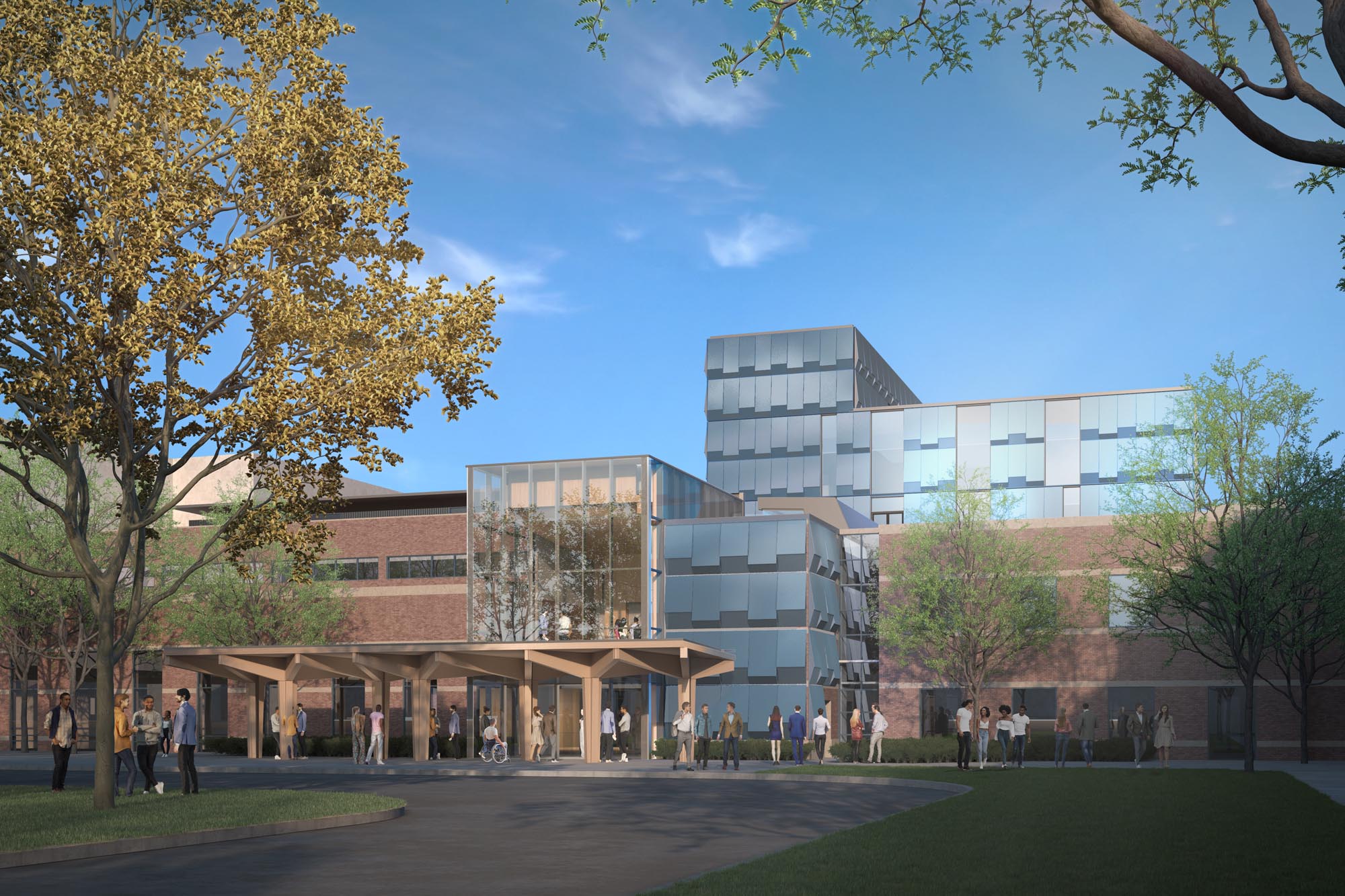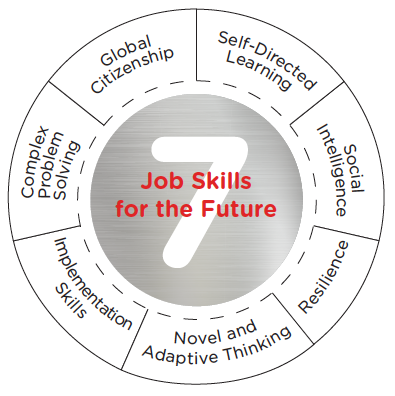Preparing Students for the Workforce
Every Fanshawe student participates in at least one rich, experiential learning opportunity while studying at Fanshawe. This statement highlights the integral role that experiential learning plays in the educational journey of every student at Fanshawe.
Real-World Learning Experiences
During your post-secondary program, you'll encounter five unique types of Signature Innovative Learning Experiences (SILEx).
Applied Research: Demonstrate research skills through an applied research project with an external partner.
Entrepreneurship: Demonstrate learning related to entrepreneurship, small business development/management or intrapreneurship.
Global Projects: Work with a Canadian or international organization to address a global problem or opportunity.
Live Client Interactions: Interact with external partners to demonstrate learning in a vocational area.
Multi-disciplinary Projects: Collaborate with students from other programs to demonstrate learning in a vocational area.
Job Skills for the Future
Every Fanshawe program emphasizes a minimum of three skills that are a priority for the success of its graduates.
Novel and adaptive thinking: Find innovative, creative and unconventional relationships between things or concepts.
Resilience: Succeed through adversity.
Social intelligence: Build and nurture mutually beneficial relationships.
Self-directed learning: Identify and achieve personal learning goals.
Global citizenship: Create an awareness of the wider world and our place in it.
Complex problem solving: Find solutions to real-world problems.
Implementation skills: Manage projects to achieve key milestones and outcomes.


Experience Innovation Village
Located at the heart of the Fanshawe London campus, Innovation Village will be a physical and virtual hub where students will experience exceptional learning opportunities. The space will include collaborative work spaces, virtual reality and multimedia labs, a makerspace, project rooms, research support and cutting-edge equipment.
Partner with Us
Through the work of students, employers will gain exposure to future employees and our community will gain a creative, collaborative, productive workforce with an experiential perspective.
Interested in learning more about how students can complete projects or conduct research for your organization? Please provide the following information:






